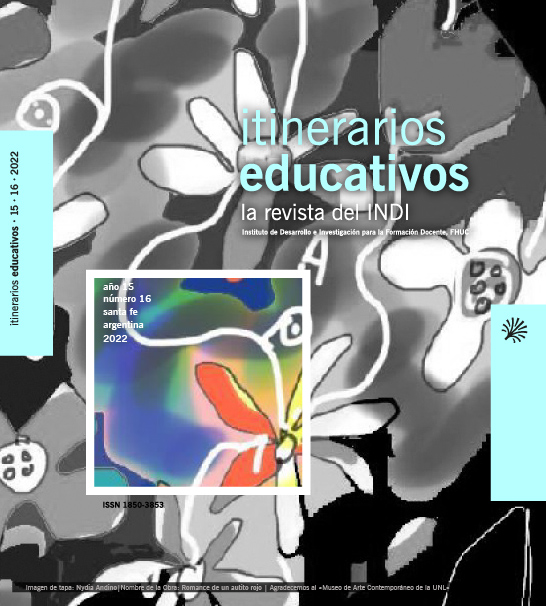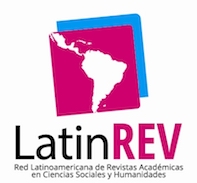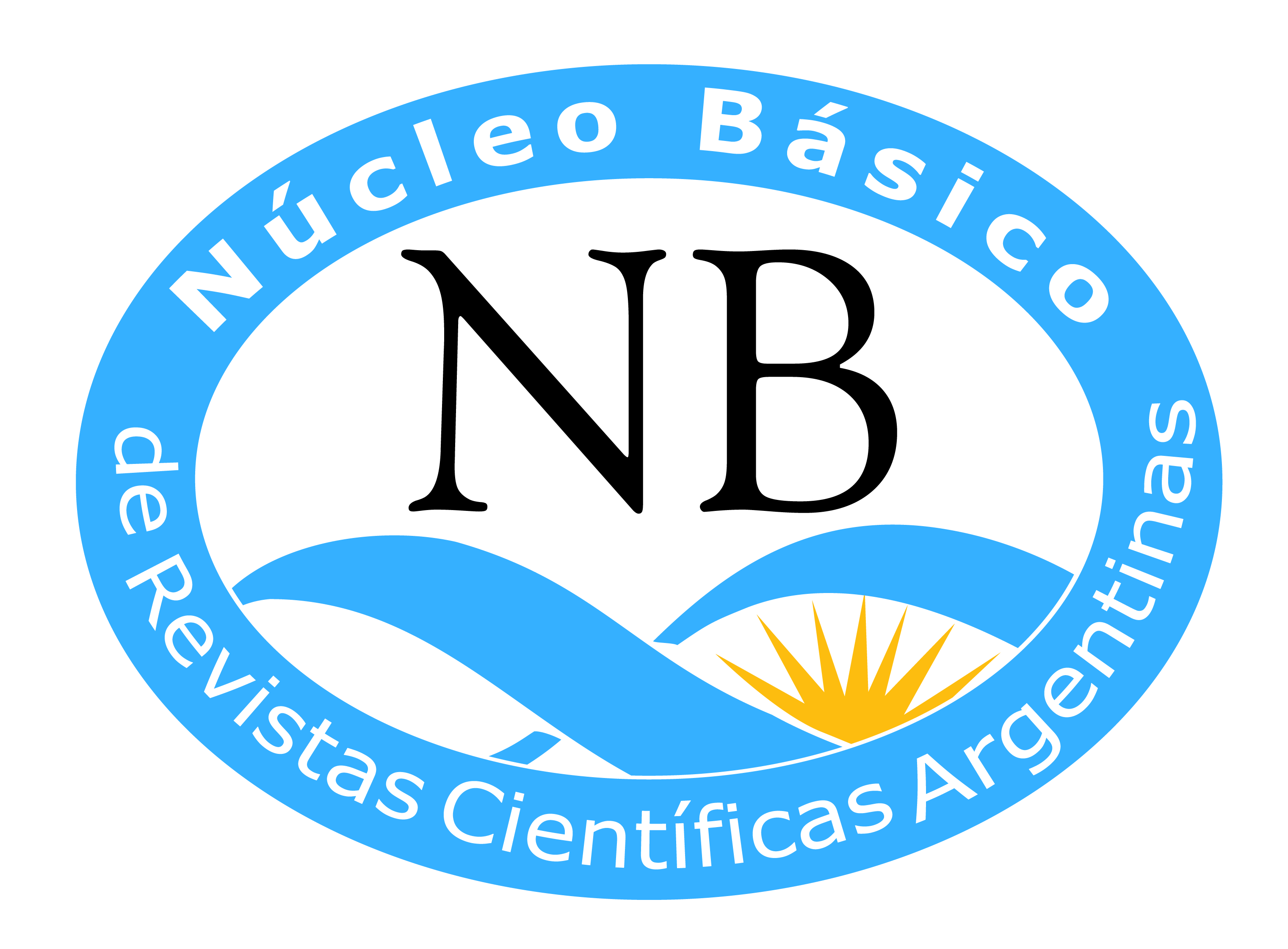Articulating actions among the levels of education policy definition. The case of a teacher training plan called Escuelas de Innovación (2011–2015)
DOI:
https://doi.org/10.14409/ie.2022.16.e0024Keywords:
policy levels, enactment, digital inclusion, Escuelas de InnovaciónAbstract
Education policies are defined at macro, meso, and micro levels. These levels are articulated in a context of federalism in Argentina to achieve their implementation. In the case of digital inclusion policies and teaching training actions, such articulation is crucial for their development. This article explores some findings of a research work on public policies for teacher training, which digs into the experience of the Argentine training plan called Escuelas de Innovación (2011–2015) and its articulation with provincial jurisdictions. Framed in a qualitative and interpretative methodology, fieldwork was focused on in–depth interviews with members of the aforementioned plan.
References
Bolívar, A.; Domingo, J.; Fernández, M. (2001). La investigación biográfico–narrativa en educación. Enfoque y metodología. Madrid: La Muralla.
Denzin, N.K.; Lincoln, Y.S. (2011). Introducción general. La investigación cualitativa como disciplina y como práctica. Denzin, N.K. e Y.S. Lincoln (comps.) El campo de la investigación cualitativa. Manual de investigación cualitativa. Vol. I. Barcelona: Gedisa.
Di Virgilio, M. (2010). La(s) política(s) educativa(s) como objeto de investigación: formas de construcción y de abordaje. Wainerman, C. y M. Di Virgilio (comps.). El quehacer de la investigación en educación. Buenos Aires: Manantial.
Dufour, G. (2008). El rol de los supervisores e inspectores en el gobierno del sistema educativo argentino. Buenos Aires: Aique.
Ferreyra, H. (2013). Políticas de educación secundaria de jóvenes y adultos. El caso de la provincia de Córdoba, Argentina (2006–2012.) Actores, instituciones y prácticas en contexto. Córdoba: Comunicarte.
Gvirtz, S. (2010). Los horizontes de la investigación en políticas educativas: los niveles intermedios y la ampliación del campo. En Wainerman C. y M. Di Virgilio (comps.). El quehacer de la investigación en educación. Buenos Aires: Manantial.
Gvirtz, S.; Torre, E. (2015). La dimensión política y técnica de la gestión educativa. Tedesco, J.C. (comp.). La educación argentina hoy, la urgencia del largo plazo. Buenos Aires: Siglo XXI.
Ministerio de Educación de la Nación (2015). La política educativa nacional 2003–2015. Inclusión y mejores aprendizajes para la igualdad educativa. Buenos Aires: Ministerio de Educación de la Nación.
Rapley, T. (2014). Los análisis de la conversación del discurso y de documentos en Investigación Cualitativa. Madrid: Morata.
Robles, B. (2011). La entrevista en profundidad: una técnica útil dentro del campo antropofísico. Cuicuilco, 18(52), 39–49. Recuperado de: https://www.redalyc.org/pdf/351/35124304004.pdf
Rodrigo, C. (2016). ¿Qué es la política nacional? Mauro, S., V. Ortiz De Rozas, M. Paratz (comps.). Política Subnacional en Argentina: enfoques y problemas. Buenos Aires: UBA.
Downloads
Published
How to Cite
Issue
Section
License
Those authors who have publications with this magazine, accept the following terms:
The authors will retain their copyright and guarantee the journal the right of first publication of their work,
which will be simultaneously subject to the Creative Commons Recognition License that allows third parties to share
the work whenever its author and first publication this magazine.
Authors may adopt other non-exclusive licensing agreements for the distribution of the published work (eg, deposit
it in an institutional telematic file or publish it in a monographic volume) whenever the initial publication in this
journal is indicated.
Authors are allowed and advised to disseminate their work through the Internet (eg, in institutional telematic files
or on their website) before and during the submission process, which can produce interesting exchanges and increase
citations of the published work. (See The effect of open access).
















